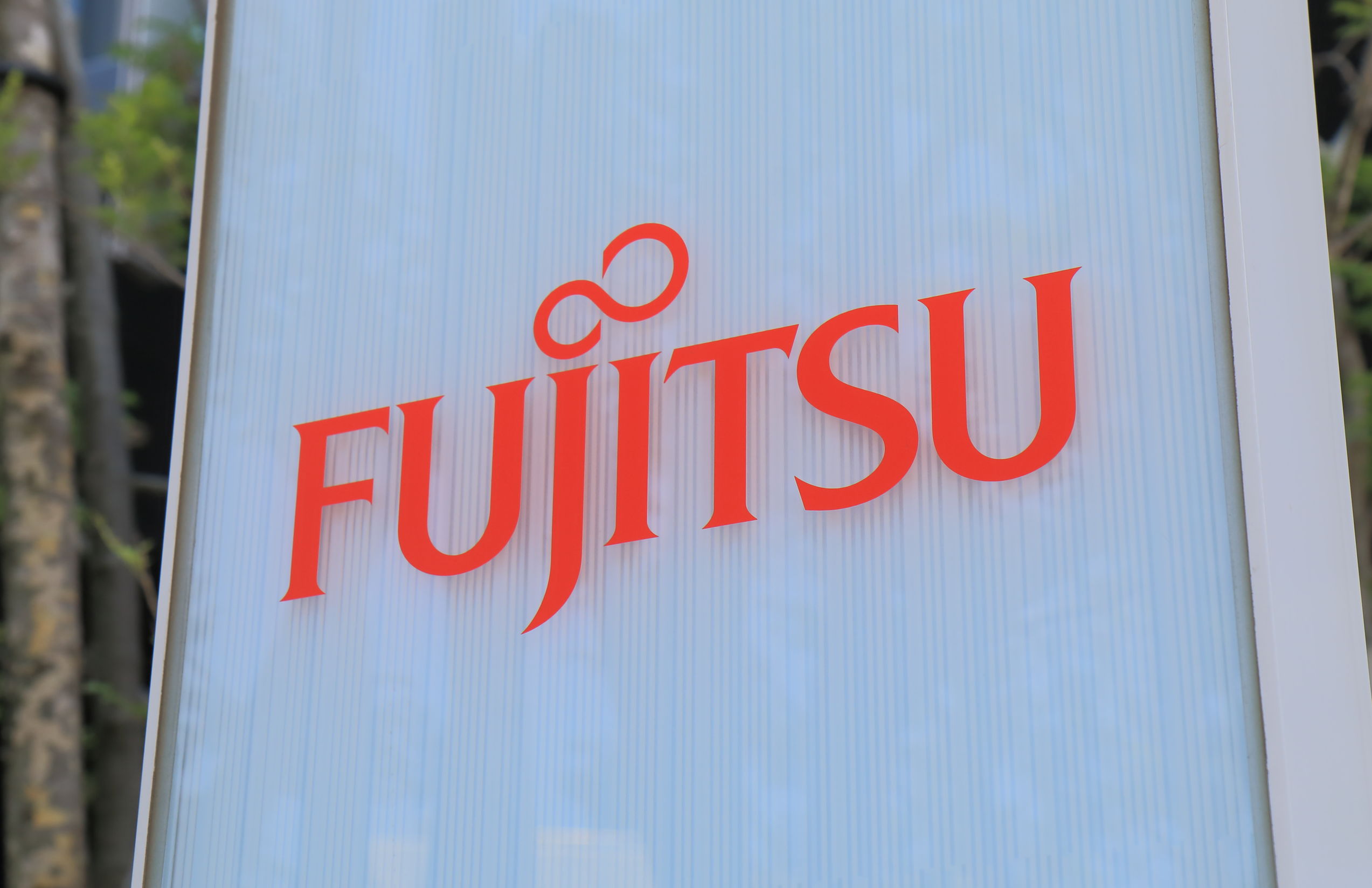Fujitsu offers 3 core principles for remote working
- Shawn Liew

Japan’s Fujitsu has signaled its intent to make remote work a ‘new normal’, after announcing the ‘Work Life Shift’ programme, which will see the company’s 80,000-strong workforce in Japan primarily working from home.
Within three years, Fujitsu also expects to halve its office space as the company prepares for a future beyond COVID-19. Calling “Work Life Shift” as a “comprehensive initiative to realise employee well-being by shifting pre-existing notions of life and work through digital innovation,” Fijitsu has also outlined three core principals underlying the programme.
Smart working: Realising optimal working styles
Allowing 80,000 Japan-based Fujitsu Group employees to work primarily on a remote basis, said Fujitsu, will improve productivity and mark a fundamental shift away from the rigid and traditional concept of commuting.
To further enhance work-life balance, expanded flexible working hours will also be offered to all Japan-based Fujitsu Group employees.
Borderless office: Reassessment of the ideal office environment
Fujitsu will shift from the conventional practice of working from a fixed office towards a system where employees can freely choose the place they want to work, including from home, hubs or satellite offices, depending on the type of work they do.
A hub office will be set up in different areas of Japan with each office having a defined main function, such as the demonstration of IT systems, showcases or collaboration with customers.
Fujitsu is also promoting a thorough review and digitalisation of business processes that enable remote work, while identifying tasks that require employees to be in the office.
Culture change: Transforming corporate culture
To maximise team performance and improve productivity, Fujitsu will work towards a management style that is based on employee autonomy and trust.
This will be supported by the exploration of ways to optimise working styles by continuously listening to the voices of employees regarding the shift towards physically separated working spaces, concluded Fujitsu, who will also leverage digital platforms to visualise and analyse working conditions.






